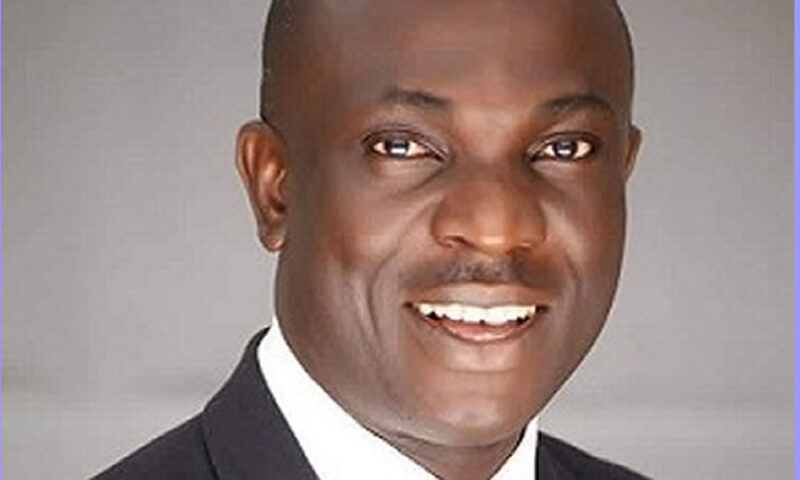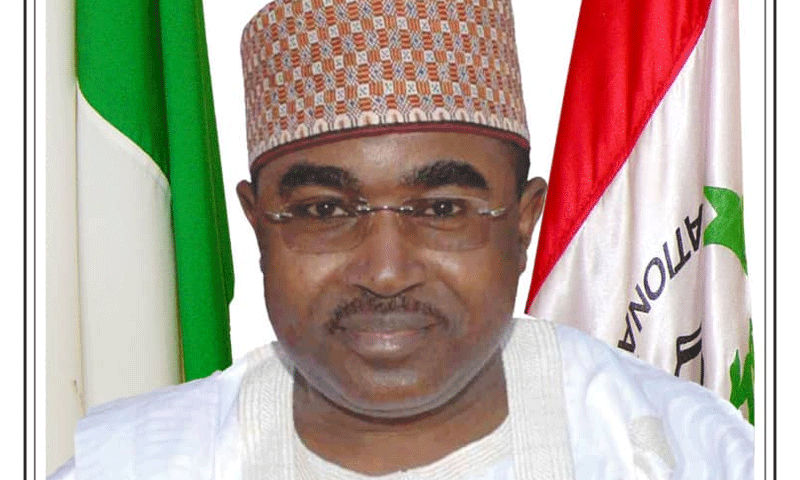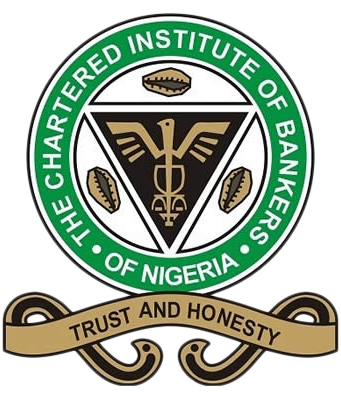Local stock market dips further as Investors lose N71bn
By admin
Equities trading at the Nigerian Exchange Limited (NGX) extends negative outing into the fourth trading session of the week leaving Investors with N71 billion loss.
Basically, on Thursday, the All-Share Index dipped further by 0.32 per cent to peg the ASI at 43,108.77 basis points, bringing the month-to-date and year-to-date outings of the benchmark index to stand at 2.55 per cent and 7.05 per cent respectively.
This also pegged the Equities market capitalization at N22.494 trillion as investors lost N71 billion in the session.
Market breadth closed in favour of the bears with 24 counters in the losers’ chart pitted against 14 counters in the gainers’ chart.
Honeywell Flour Mills was the best performing stock in the session, on the back of the assurance on the recent announcement by Flour Mills of Nigeria Plc of their agreement to acquire a majority shareholding interest in the stock.
HFM was flanked by AIICO Insurance, Regal Insurance, Ikeja Hotels and University Press Limited to complete the list of the top five gainers.
From the rear of the chart, MRS Oil sheds the most weight to lead the laggards’ chart as it was flanked by CHAMS, ETI, CHI PLC, and Unity Bank to complete the top losers’ chart.
Most sectoral indices closed in the same direction with the ASI save for NGX Insurance that gained 0.64 per cent, while NGX Growth and NGX ASEM closed flat.
Market activity as measured by both volume and value of trades gained weight in the session with daily traded volume standing at 266 million units, representing a 9.43 per cent increase from a volume of 243 million units traded in the previous session.
The value of traded stocks inched up by 12.54 per cent in the session to stand at N4.216 billion as against a value of N3.747 billion recorded in the previous trading session.
Seplat dominated the volume charts as the top traded stock by volume for the trading session. This is followed by FBN Holdings, Zenith Bank, Access and Honeywell Flour Mills to complete the list of the five most traded stocks by volume.
With regards to the value of traded stocks, GTCO took the lead of the top five performers. It is flanked by Zenith Bank, Nigerian Breweries and HFM.
Claim: A national newspaper and multiple online platforms claim Brazil has adopted Yoruba as its official language and that the language would be included in primary and secondary schools curriculum.
Verdict: The claim is false. The content of the article published by these online platforms is not new; it has been recirculated several times and has been debunked.Local stock market dips further as Investors lose N71bn










